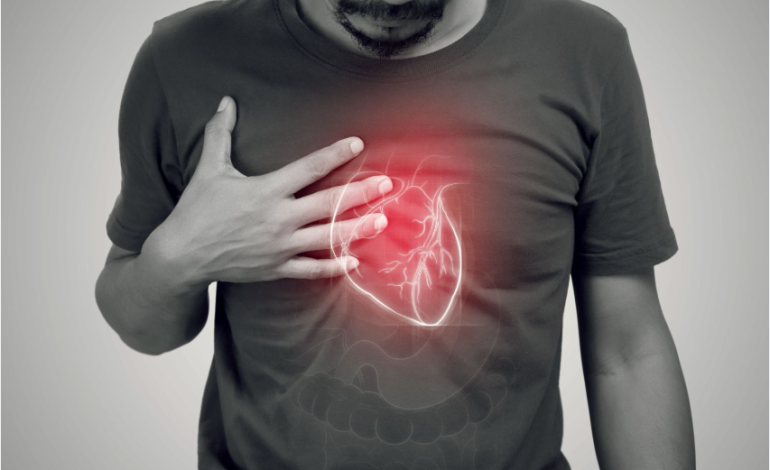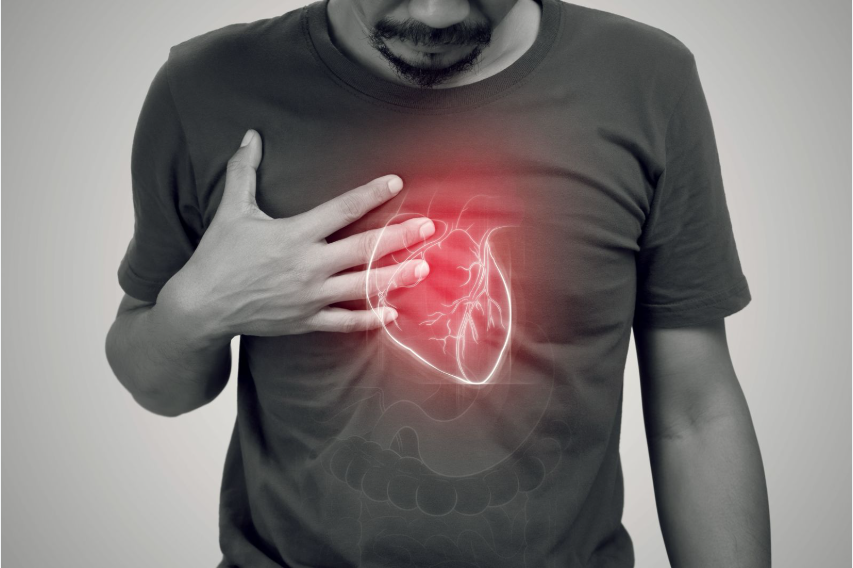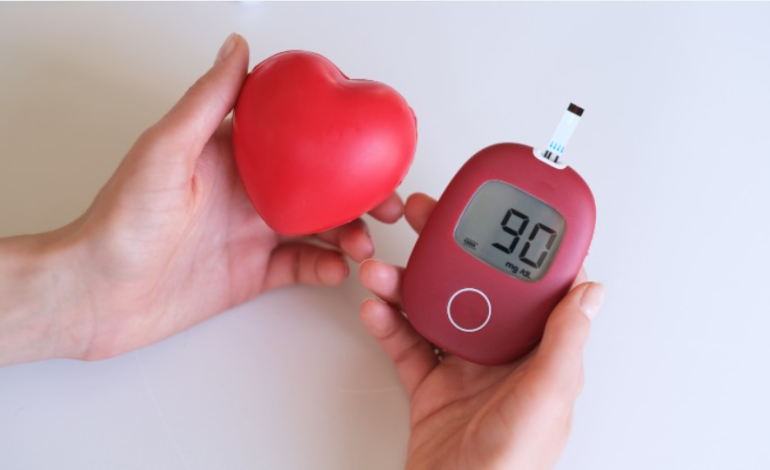
Symptoms and Causes of Heart Disease

Heart disease is the leading cause of death in the United States, and many people are concerned about their heart health. If you’re wondering, “How can I tell if I have a heart problem?” you’re not alone. Heart conditions can present with a variety of symptoms, and understanding the signs and causes of heart disease can help you stay on top of your health.
Types of Heart Disease The term “heart disease” covers a wide range of conditions that affect the heart. Some of the most common types include:
- Coronary artery disease (CAD): This is when the arteries that supply blood to the heart become narrowed or blocked, leading to other heart problems, including heart attacks.
- Cardiomyopathy: This is a disease of the heart muscle, which can result from CAD, viral infections, alcohol abuse, high blood pressure, or certain medications.
- Heart failure: This occurs when the heart can’t pump blood efficiently. CAD, high blood pressure, and cardiomyopathy can lead to heart failure.
- Arrhythmia: An abnormal heart rhythm, often caused by a heart attack or other heart damage. Some people are born with arrhythmias.
- Heart valve disease: When the heart valves, which keep blood flowing in the right direction, are damaged. Common causes include rheumatic fever (from untreated strep throat) and infections of the heart.
- Congenital heart disease: A heart defect present at birth, such as a hole between two chambers of the heart, which may require surgery to fix.
There are other less common heart conditions as well. Cardiologists specialize in diagnosing and treating these heart diseases.
Heart Disease Symptoms Heart disease symptoms can vary depending on the condition, but some common signs include:
- Shortness of breath
- Dizziness
- Chest, neck, back, or arm pain
- A feeling of heaviness in the chest
- A fluttering sensation in the chest
- Fatigue
- Nausea and vomiting
- Sweating
- Swelling in the legs and feet
If you experience any of these symptoms, it’s important to see a doctor as soon as possible to get a proper diagnosis.
Early Signs of Heart Issues Unfortunately, heart disease doesn’t always show early warning signs. Some people notice symptoms like chest discomfort, shortness of breath, or fatigue when they exercise. If even light physical activity, like walking up the stairs, feels difficult, it’s a good idea to see your doctor for an evaluation.
Heart Disease Causes Different types of heart disease have various causes, but the main risk factors for coronary artery disease, the most common form of heart disease, include:
- Lack of physical activity
- Smoking
- High blood pressure
- Diabetes
- Being overweight
- Stress
- High LDL (“bad”) cholesterol and triglycerides
- Family history of heart disease, especially if a close relative had a heart attack before age 50
How to Test Your Heart Health To assess your risk of heart disease, there are several tests you can take. Blood tests for cholesterol and triglyceride levels are essential. You can ask your doctor to order these tests or use a home test kit, where you collect a blood sample via a fingerprick and mail it to a lab. If the results are abnormal, you’ll need to consult a doctor for further guidance.
Regularly checking your blood pressure is also important, as high blood pressure is a major risk factor for heart disease. Your doctor will usually check it during visits. If your blood pressure is consistently high, it’s worth investing in a home blood pressure monitor to track it. Controlling your blood pressure is crucial to prevent damage to your heart, brain, kidneys, and other organs.
In addition to basic tests, your doctor may recommend other heart tests, which cannot be done at home:
- Electrocardiogram (ECG or EKG): This test measures the electrical activity of your heart. An ECG may be done while you exercise (stress test).
- Echocardiogram: This ultrasound test examines the structure and function of your heart.
- Angiogram: A dye is injected into a blood vessel to observe blood flow and check for blockages.
- MRI or CT scan: Imaging tests that can identify structural problems in the heart or other parts of the body, such as heart lesions, which can be caused by heart attacks or infections.





